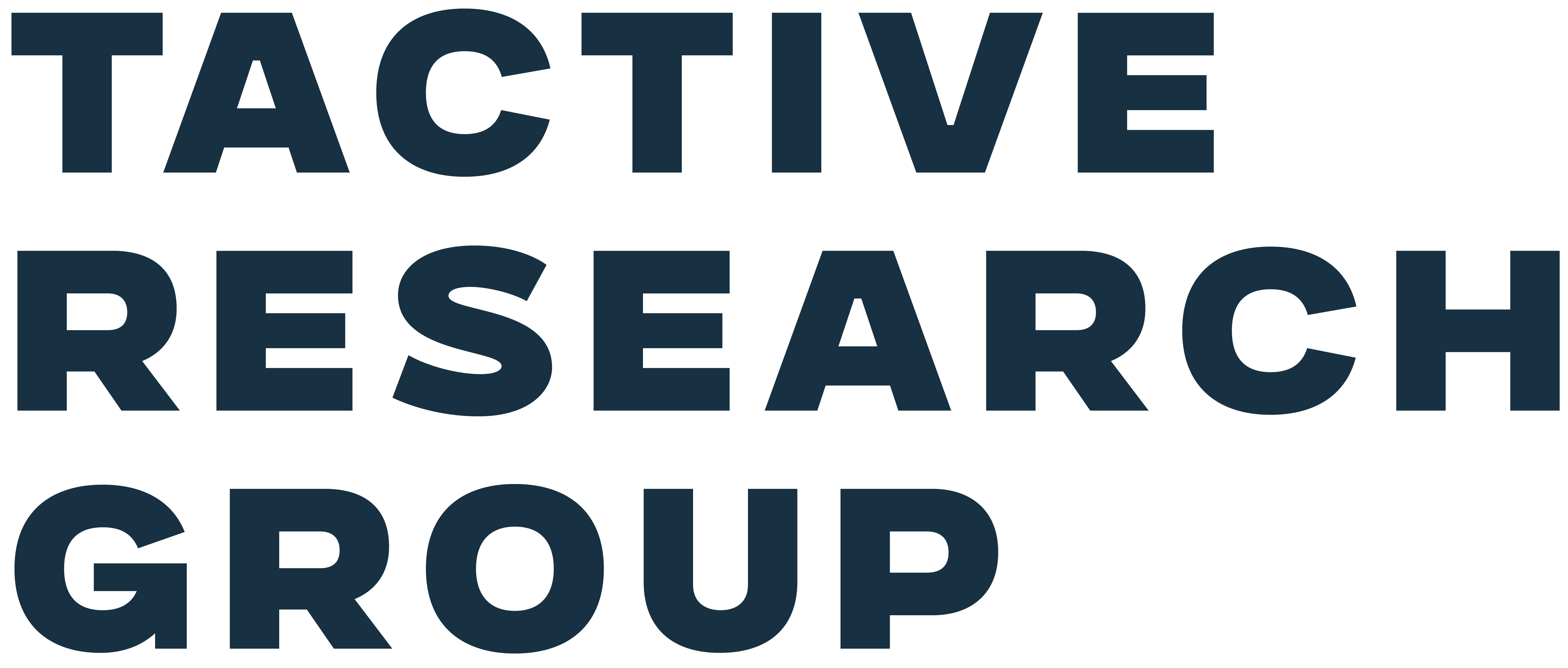As part of its digital decade initiative to make the European Union (EU) "fit for the digital age," the EU has released another piece of legislation, the EU Data Act. The EU Data Act came into force in January 2024 and will be enforceable 20 months later, in September 2025. This new legislation aims to make data more accessible and usable across all industries in the EU. It grants users of connected devices (or the Internet of Things) the right to access and share the data generated by their products. The Act protects EU businesses, especially SMEs, from unfair data-sharing contracts, enabling them to participate more effectively in the data market. IT managers should read this article to get the knowledge and insights needed to navigate this new regulatory landscape and be ready to adjust their IT strategies to fully leverage …

